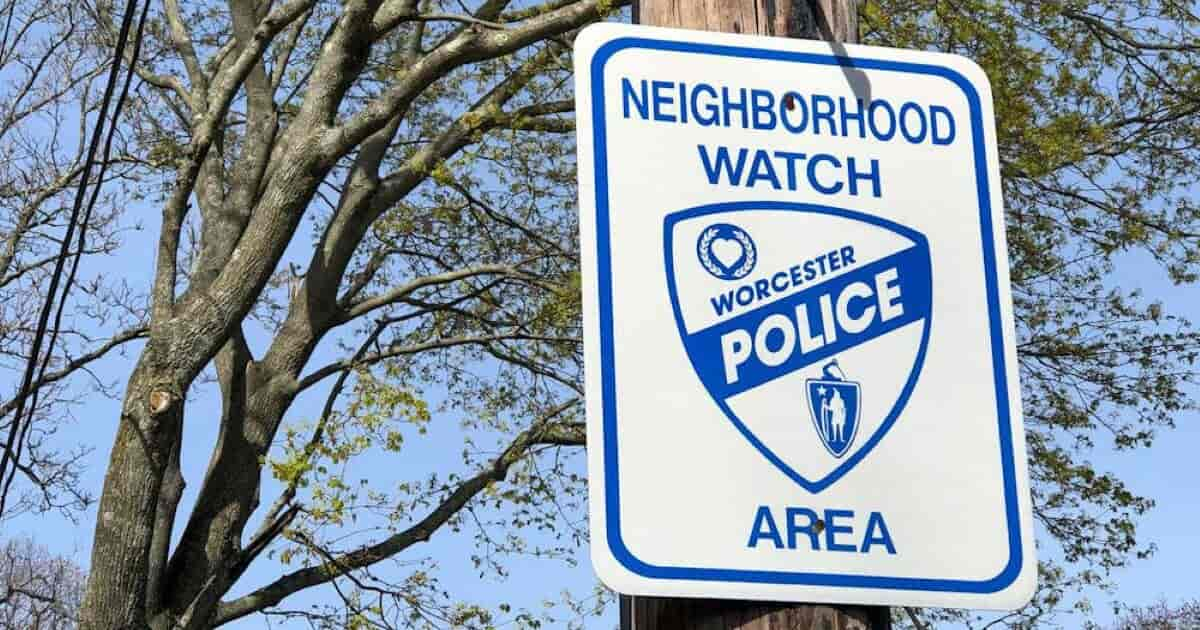EVERETT – The Board of Elementary and Secondary Education meeting held on Tuesday, Jan. 23, hosted multiple speakers on anti-Semitism in Massachusetts schools. The topic did not appear on the board’s agenda, which appears to violate the state’s Open Meeting Laws. Multiple speakers inserted overtly political commentary into their testimony from a similar perspective, with no alternative viewpoint presented.
Katherine Craven, the board’s chair, called on seven individuals by name to speak on anti-Semitism during the public participating section of the meeting. Board rules give priority to speakers who submit requests to speak prior to the meeting. Board rules also give priority to speakers addressing items on the agenda, but Craven called all seven prior to calling a speaker addressing an agenda item.
Massachusetts law requires the Board of Elementary and Secondary Education to comply with the state’s Open Meeting Law. A guide produced by the office of Attorney General Andrea Joy Campbell, “Open Meeting Law and Education Materials,” says the following related to agenda requirements to comply with the law.
“Meeting notices must be posted in a legible, easily understandable format; contain the date, time, and place of the meeting, including instructions for accessing the meeting if public access is by remote means; and list all topics that the chair reasonably anticipates.”
There were also indications of coordination prior to the meeting. Speakers indicated they were aware of an upcoming panel on anti-Semitism, although it was also not on the meeting agenda. Craven introduced that panel immediately after public participation concluded.
The collection of speakers provided testimony on occurrences of anti-Semitism within schools in Massachusetts. The topic is important, as statics show anti-Semitic incidents rising across the U.S. Many of the speakers advocated for the board to adopt a specific definition of anti-Semitism that has been adopted by many institutions, but is also criticized for its impact on legitimate political speech.
Adopting a Definition of Anti-Semitism
Several of the speakers called to speak by Craven advocated for the board to adopt the International Holocaust Remembrance Alliance (IHRA) working definition of anti-Semitism.
“Antisemitism is a certain perception of Jews, which may be expressed as hatred toward Jews. Rhetorical and physical manifestations of antisemitism are directed toward Jewish or non-Jewish individuals and/or their property, toward Jewish community institutions and religious facilities.”
Many government bodies, institutions, and organizations across the world have adopted the IHRA definition of anti-Semitism, including the United States State Department.
As the discussion was not on the agenda, the board heard none of the criticism the definition receives for stifling political criticism of Israeli policy. IHRA provides 11 examples of anti-Semitism alongside its definition. Six of those examples mention Israel.
Kenneth Stern, the director of Bard’s Center for the Study of Hate at Bard College, was the American Jewish Committee’s anti-Semitism expert and lead drafter of the IHRA working definition. Stern wrote in 2019 that the definition “was never intended to be a campus hate speech code,” and “is an attack on academic freedom and free speech.”
Critics of the definition include B’Tselem, Israel’s largest human rights group, based in Jerusalem, a consistent critic of Israeli policy. Hundreds of other groups and scholars agree that the IHRA definition chills political speech.
Another definition, the Jerusalem Declaration on anti-Semitism, created by scholars in the fields of Holocaust history, Jewish studies, and Middle East studies, has been endorsed by 350 scholars. It defines anti-Semitism as “discrimination, prejudice, hostility or violence against Jews as Jews (or Jewish institutions as Jewish).” It provides examples of criticism of Israel that are anti-Semitic, and examples that are not.
The board heard no contrary perspective. Craven said the topic could come up in a future meeting.
A Single Political Narrative
On Oct. 7, a reprehensible attack by the militant group Hamas killed 1200 Israelis and led to 249 hostages captured. Just 105 hostages have been released at the time of publishing. The Israeli military response has been ongoing for over 100 days and killed an estimated 26,000, including over 8,000 children, displaced an estimated 80 percent of the 2.3 million people in the Gaza Strip, and destroyed 70 percent of the housing stock. The ongoing campaign has led to protests across the world seeking a ceasefire and end to this current round of violence in a conflict that began over a century ago.
Speakers at the board meeting made several political statements, with little diversity of opinion. However, polling by Pew Research Center in 2019 and 2020 showed a vast diversity of opinion among Jewish people in the United States.
- 60% say they have a lot/some in common with Jews in Israel
- 58% feel very/somewhat attached to Israel
- 45% say caring about Israel is essential to what being Jewish means to them
- 33% say the Israeli government is making sincere effort toward peace
None of that diversity of opinion was represented at the board’s meeting on Tuesday.
Much of the political rhetoric suggested that political differences of opinion are anti-Semitism. In one example, calls for a ceasefire was depicted as anti-Semitic and “pro-Hamas.” Meanwhile, some families of hostages are protesting the decision by the Israeli government to reject an offer for the release of all hostages for a permanent ceasefire.
Speakers also claimed accusations that Israel has committed acts of genocide are anti-Semitic. Only three days after the board meeting, the International Court of Justice issued a ruling in which they could have dismissed charges of genocide against Israel. By a 15-2 margin, they declined to do so. Only a judge from Israel and a judge from Uganda voted to dismiss the case. The court’s president, Joan Donoghue, an American and former State Department official, voted with the majority. The full case will take years to adjudicate.
Multiple other political issues were depicted as anti-Semitic during the board’s meeting. No alternative viewpoint was presented.
Disturbing Allegations of Anti-Semitism
Despite the political rhetoric infused into the meeting, several speakers recounted alarming instances of anti-Semitism they said occurred in Massachusetts schools.
A Brookline mother said her child has heard “countless anti-Jewish and anti-Semitic jokes.” She said her child also, “endured the school administration’s consistently weak response to swastikas being drawn on school property,” which was, “dismissed as graffiti or condemned for school vandalism.”
A Newton mother said, “a teacher denied the Hamas October 7 atrocities and a history teacher showed a map where the state of Israel was erased and replaced with the Palestinian flag.” Another Newton mother said, “our children are feeling this hate in schools in the shape of swastikas, hateful graffiti and biased articles in school papers.”
Speakers mentioned graffiti of swastikas on multiple occasions.
The mother of two Natick students said, “I had to explain to people that there’s nothing political about celebrating Hanukkah.”
A parent of two students in Brookline, reported that parents there conducted an anonymous survey of Jewish students which received 27 responses. Here are some of the survey responses the parent said the survey received on the question, “What does it feel like to be Jewish and/or Israeli at Brookline High School right after October 7th?”
- Feels bad and unsupported. It feels like we don’t matter.
- Not great. A few of my teachers and a lot of students have made anti-Israel and anti-Semitic comments.
- Mostly it feels safe, but there have been some comments made by students to create a potentially harmful and stressful environment for Jews. There’s a lot of insensitivity.
- It’s something to wear with pride. It feels like the responsibility to inform the ignorant.
- It’s a very hostile environment against Jews.
- It feels normal for the most part, but there will always be that moment when I share my identity and wonder if people will give me hateful looks.
- I feel fine and part of the community, but occasionally when I see students saying doing or posting anti-Semitic things and teachers not stopping it, or even encouraging saying what they do, what they do makes me feel alienated and uncomfortable.
- One instance that made me feel unaccepted was when a kid posted photos from a pro-Hamas protest on school site, and the school requested that they write a description to go with the photo.
- For me, it does feel as though there is more of a spotlight on the Jewish and Muslim communities at school. I haven’t experienced anti-Semitism myself in the wake of October 7th, but I’ve heard stories about people who have and that doesn’t sit well with me.
- Recently, I’ve been feeling betrayed not only by the students, but also by my teachers. How am I supposed to feel welcomed when people call me a colonizer? How am I supposed to feel welcomed when people favor only one side of the story because of Brookline’s favoritism towards the oppressed, when in reality it is a war and not a one sided situation?
Craven said the board would return to the subject in the future.









